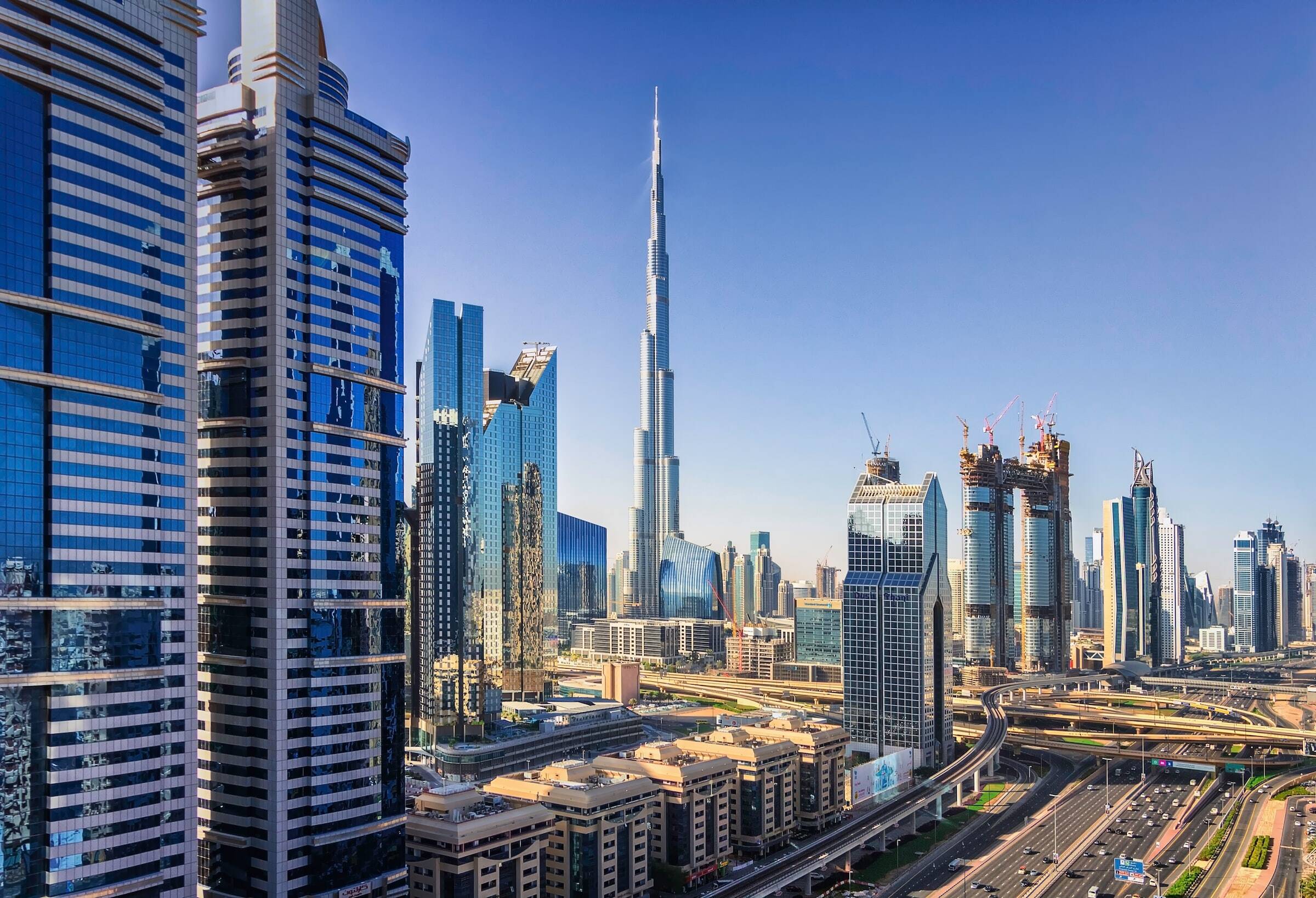GO FURTHER
In Middle East


The Middle East offers a rich blend of ancient history and modern luxury. Having cash on hand lets you experience it all with ease. From haggling for treasures in traditional souks to tipping at local cafés or exploring remote desert villages, cash opens doors where cards often can't so you can be #ReadyForAnything
Choose Your Destination Guide



Heading to Middle East?
Check out our travel tips and cash guides for your time in Middle East to help you #GoFurther
Middle East FAQs
What currency is used in the Middle East?
Each country in the region has its own requirements. UAE currency or the UAE Dirham (AED), Oman currency which is the Omani Rial (OMR), Iran currency known as the Iranian rial (IRR), Lebanon currency called the Lebanese Pound (LBP), and Qatar currency referred to as the Qatari Riyal (QAR). At Crown Currency Exchange, we stock a wide selection of Middle Eastern currencies and can prepare the right mix of denominations for every stop, so you’re set for everything from local markets to major transfers.
When is the best time to buy currency for the Middle East?
The best time to buy Middle Eastern currencies is just before your departure, when rates are stable and you're still in Australia. Buying abroad can mean limited access, higher fees, or poor exchange rates. While monitoring the market sounds smart, you’ll often waste time chasing a few cents. Crown Currency Exchange offers same-day service, so you can time it just right and get sorted in a single, simple visit.
How do I get the best currency rate for the Middle East?
To get the best rate, avoid overseas exchange counters and airport kiosks that often charge high fees or offer poor value. At Crown Currency Exchange we trade with no commission, transparent pricing, and a wide range of Middle Eastern currencies ready to go, you get more value in every note.
How much cash should I carry when travelling in the Middle East?
Cash remains essential across many parts of the region, particularly in areas where Iranian currency, Omani currency, or Lebanese currency is used and card payments are limited. It’s best to carry enough Middle Eastern currencies for daily spending, like markets, taxis, tips, and small vendors, while keeping higher-value notes aside for hotels, transfers, or emergencies.
Australia's Most Trusted Currency Exchange


